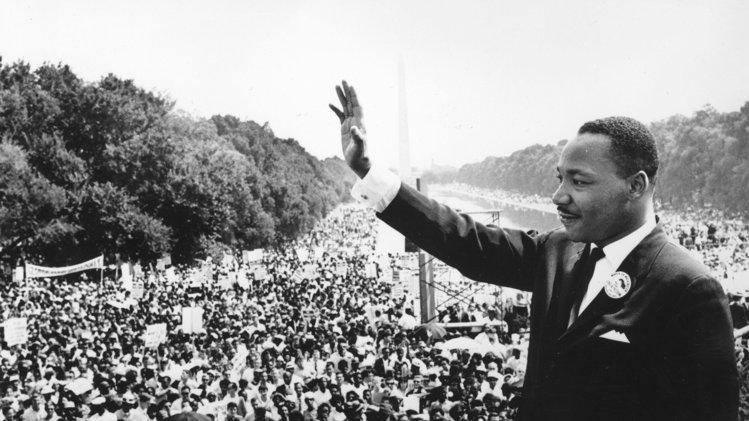Identity is not just who a person is now. It also includes their heritage and their culture.
February is Black History Month, a time to focus on African-American culture and accomplishments. In a school where 25 percent of the students are considered culturally diverse, embracing differences fosters unity. “Celebrating a culture’s history helps when building relationships with others who may be different than you,” said Technology teacher Mrs. Amber Beckles.
Black History Month evolved from Negro History Week that began in 1926 thanks to historian Dr. Carter G. Woodson. Only the second African-American to earn a doctorate from Harvard, he observed a lack of recognition of African-American accomplishments and culture in American History and chose February in honor of the birthdays of President Abraham Lincoln and abolitionist Frederick Douglass.
President Lincoln delivered the Emancipation Proclamation freeing the slaves in the U.S. while Frederick Douglass, a former slave himself, focused both on ending slavery and establishing equality for all people.
In 1976, President Gerald Ford pronounced the month of February Black History Month. Accomplishments and traditions of the African-American community are highlighted and celebrated during this time.
Many students use the month to reflect on those who have impacted African-American life in the U.S. People like Nat Turner, Maya Angelou and Martin Luther King, Jr. are celebrated for their contributions to the Black community and culture. Civil Rights activists, poets, speakers, preachers, ex-slaves, teachers, scientists and more all deserve recognition for the lasting impact they have had on American culture and human rights. These pivotal men and women fought for African-American rights and set examples of how to be a strong leader.
Sophomore Miles Hunt said, “I appreciate Rosa Parks, because my grandparents went through a lot of the same stuff she went through.”
Juniors Jasmine Barnes and Nathan McKenzie value the contributions of President Barack Obama. Jasmine said, “My favorite Black leader is President Obama because of how much of an impact he has made on the country.” Nathan said, “I most respect Barack Obama because he is influential as the first Black president.”
Each year, the President chooses a theme for Black History Month so that different parts of Black history are brought to America’s attention. This year’s theme is “The Crisis in Black Education” and will explore, among other things, the lack of resources at inner city schools, the challenge of funding historically Black colleges and universities and the failure to teach the contributions of African-Americans in the U.S.
The month is a reminder that a person’s heritage can be an interesting and unifying aspect for those around them. English teacher Mrs. Jessica Hubbard said, “God created diversity, and we should embrace that and be proud of it.”
Celebrating culture creates a sense of identity and strength. African art, food and performance will be celebrated as well. “To celebrate at church, we dress in attire of African-Americans from long ago,” said Jasmine.
The African American Museum of Dallas, the University of Texas at Dallas and even the Dallas Mavericks all have events planned to commemorate the month.
History teacher Mrs. Valerie Phillips said, “It is important to tell the whole story even if it is unpleasant because that is what makes us a unique culture and country. Hopefully, we won’t repeat our past mistakes.”
Black History Month reminds students to look back on history with open eyes and minds in order to better understand, acknowledge and celebrate the contributions made by African-Americans in this country. To learn more, visit http://africanamericanhistorymonth.gov for resources, videos and photos related to African-American history in the U.S.



